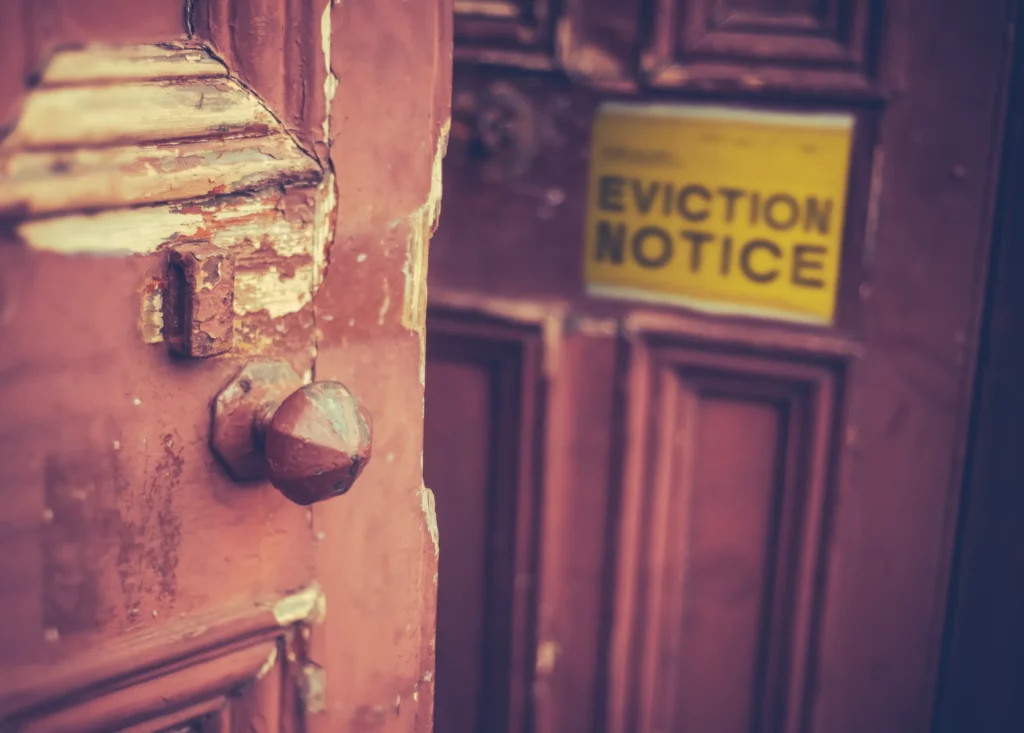Residential Evictions in Orlando and Central Florida: Navigating Illegal Activity Concerns
In the picturesque regions of Orlando and Central Florida, residential communities pride themselves on safety, tranquility, and adherence to the rule of law. However, there are instances when landlords face the unfortunate situation of tenants engaging in illegal activities within their rental properties. The ramifications of such activities can range from disturbances in the community to severe legal implications for property owners. It’s crucial for landlords to understand their rights and the proper procedures for eviction in these situations.
The Scope of “Illegal Activity” in Residential Settings
Illegal activities in residential settings can vary, but they generally threaten the safety and harmony of the community. Some examples include:
- Drug manufacturing or distribution: Operating a meth lab, storing, or selling illicit drugs can endanger neighbors and cause significant damage to the property.
- Illegal weapons possession or trade: This compromises the safety of the community and may lead to violent incidents.
- Prostitution or human trafficking: These activities bring unwanted attention, disrupt community standards, and pose severe moral and legal concerns.
- Unauthorized business operations: Operating an unlicensed or illegal business, like gambling rings, from a residential property can infringe on zoning laws and disrupt neighborhood peace.
Steps to Undertake Residential Evictions for Illegal Activities
- Documentation and Evidence Gathering: Before initiating an eviction, landlords must gather substantial evidence of the illegal activities. This may involve collaborating with law enforcement, collecting photographic evidence, or noting down eyewitness accounts.
- Serve a Notice: Florida law mandates that landlords provide tenants with a written notice before eviction. For illegal activities, the notice period is typically shorter, and there may not be an option for the tenant to rectify the situation.
- Commence Legal Proceedings: If the tenant doesn’t vacate the property within the stipulated time, landlords must file an eviction lawsuit in the local county court. An attorney well-versed in Orlando and Central Florida residential evictions can streamline this process.
- Attend the Eviction Hearing: At the court hearing, landlords need to present their evidence of the tenant’s illegal activities. If the judge rules in the landlord’s favor, they’ll grant a writ of possession, which authorizes the removal of the tenant.
- Coordinate with Law Enforcement: Given the nature of the eviction, it’s essential to work closely with local law enforcement to ensure a smooth and safe eviction process.
Protecting Your Residential Property and Community
The presence of illegal activities in a residential property not only jeopardizes the immediate dwelling but also affects the broader community’s reputation. As such, swift and decisive action is paramount.
Morey Law Firm, P.A.: Your Trusted Central Florida Residential Eviction Attorneys
the eviction process, especially when based on illegal activities, can be legally intricate. It demands a keen understanding of local regulations and a delicate approach, given the potential risks involved. Thus, it’s prudent for landlords to engage with a legal professional familiar with residential evictions in Orlando and Central Florida. For comprehensive assistance with residential evictions for illegal activity in Orlando and Central Florida, trust Morey Law Firm, P.A. to be your advocate. We invite landlords to submit an online case evaluation, ensuring we understand the intricacies of your situation. Alternatively, you can reach out to us directly by calling at 407-426-7222. For immediate assistance or questions, our live chat is available 24/7. Contact us today to learn how we can help you protect your rental business.

